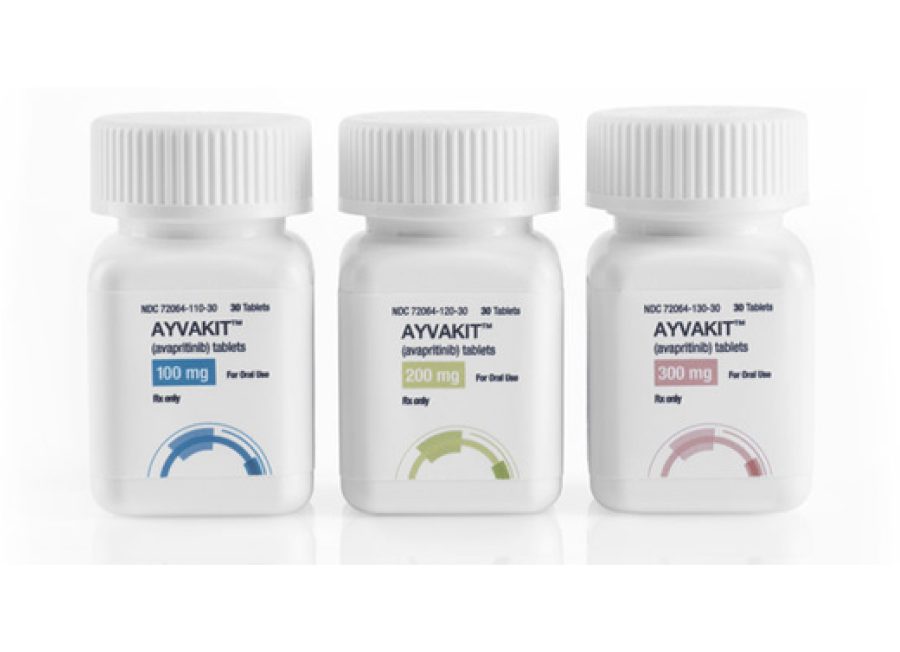Drishti Agarwal
December 13, 2023
The European Commission has granted approval to avapritinib (Ayvakyt) to address moderate to severe symptoms in adult patients with indolent systemic mastocytosis (ISM) who are inadequately managed by current symptomatic treatments. This marks the first approved therapy for individuals with the condition in Europe.
ISM is a rare blood disorder characterized by an abnormal build-up of neoplastic mast cells in the bone marrow and other organs, including the skin. It is accompanied by often distressing symptoms like pruritus, flushing, syncope, headache, vomiting, diarrhea, and abdominal pain. It affects around 40,000 individuals in the European Union.
Avapritinib is a kinase inhibitor that was developed to selectively target the disease’s key driver, the KIT D816V mutation in mast cells.
After the favorable recommendation from the Committee for Medicinal Products for Human Use in November 2023, the European Commission’s decision to approve avapritinib is grounded in data from the PIONEER trial.
The phase 2 trial found significant and clinically relevant benefits from the use of avapritinib plus best supportive care (BSC) medicines in patients with symptomatic ISM. This was true across various efficacy assessments, encompassing both disease symptoms and the burden of pathologic mast cells.
The first part of the trial established the recommended dose of 25 mg once daily. The second part compared avapritinib 25 mg once daily plus BSC against placebo plus BSC in patients with moderate to severe ISM. The third part is an ongoing open-label extension that is evaluating avapritinib 25 mg once daily for up to 5 years.
So far, avapritinib has been found to lead to significant improvements compared with placebo across primary and all pivotal secondary measures, which were evaluated from baseline to 24 weeks (part 2) and has demonstrated intensified efficacy through 48 weeks of treatment (part 3). Overall, 96% of patients receiving avapritinib completed 24 weeks of treatment and opted to cross over to part 3. The detailed results were published in NEJM Evidence.
In part 2, 212 patients with moderate to severe ISM were randomly assigned to receive oral avapritinib 25 mg once daily (n = 141) or placebo (n = 71) across 42 sites in 13 countries. Compared with the placebo group, the avapritinib group had a significantly greater decrease in the total symptom score (TSS; 15.6 vs 9.2 points; P < .003) and showed a significantly higher rate of achieving a 50% or greater reduction in serum tryptase levels (P < .001).
In part 3, for the crossover patients who finished an extra 24 weeks of treatment (n = 26), the average shift in TSS at 48 weeks was -21.4. Approximately 37% experienced reductions of 50% or greater in TSS, and approximately 59% showed a 30% or greater reductions within around 4 months.
Avapritinib was also well-tolerated, presenting a favorable safety profile, with the severity of most reported adverse events categorized as mild. Common adverse events included flushing, edema, increased blood alkaline phosphate, and insomnia.
In Europe, plans are underway for the initial commercial launch in Germany, followed by subsequent market introductions determined by the respective local healthcare technology assessment and reimbursement timelines.
https://www.medscape.com/viewarticle/europe-approves-avapritinib-rare-mast-cell-disease-2023a1000vb3









